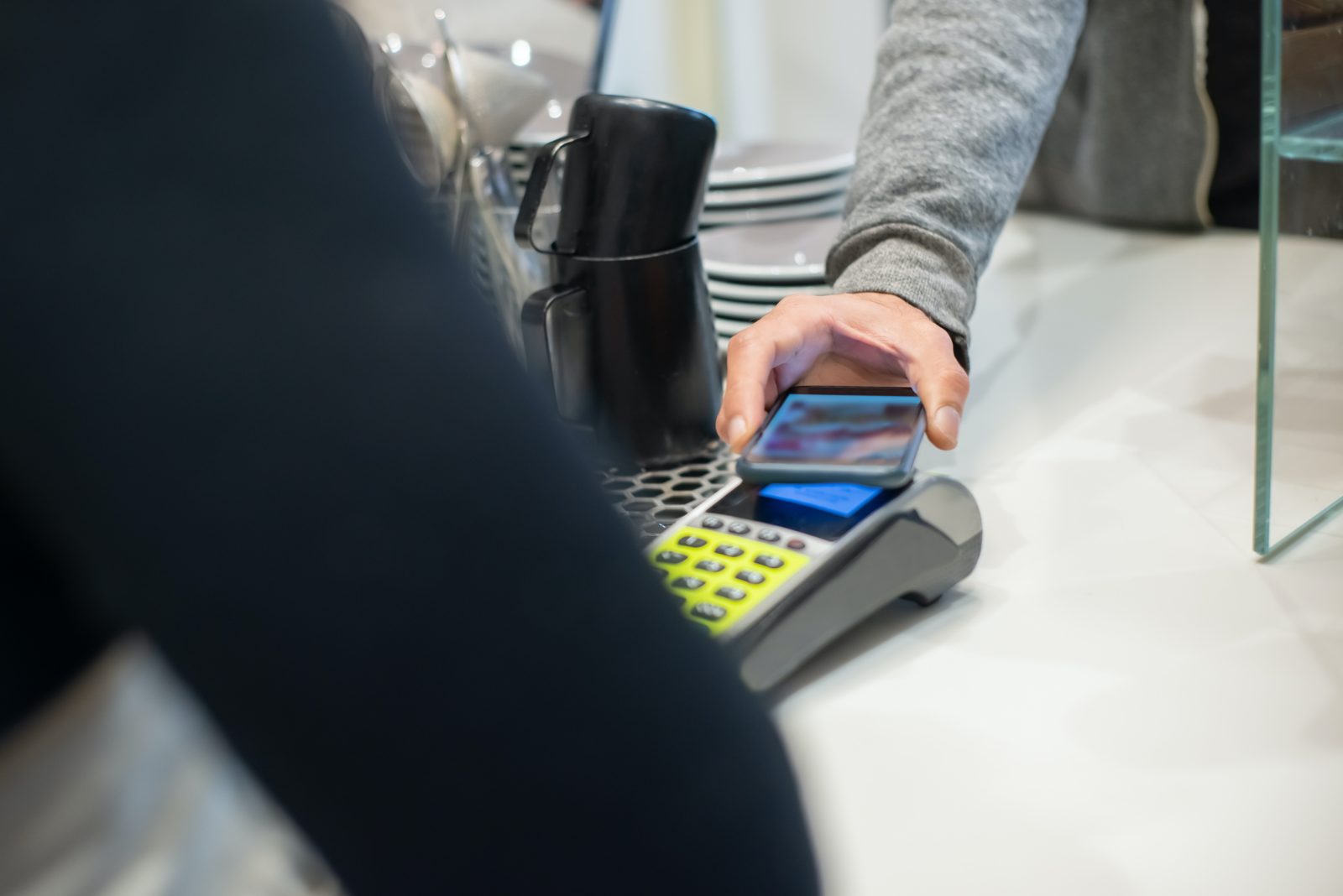According to a recent survey by KB SmartPay, more than half of customers refuse to purchase goods or services if they do not have enough cash and the seller does not accept card payments. While the amount of cash people carry with them has decreased compared to last year, there has not been a significant shift in these habits year-on-year. However, the percentage of people paying with mobile phones has significantly increased.
In 57% of cases, if a seller does not accept card payments and the buyer does not have enough cash, the transaction will not go through, and the customer will go to a competitor. Only 48% of customers would have done so a few months ago.
Only 40% of people today are willing to go to the nearest ATM, withdraw cash, and return to pay for their goods or services. A few months ago, that number was 52%.
More than 67% of Czechs now pay exclusively without cash, and their money is slightly decreasing. According to the survey, one-fifth of people carry no cash or a maximum of CZK 300. People commonly carry CZK 300-800 (48%), a long-term trend that has not changed significantly year-on-year. 28% of people carry more cash, CZK 800-2000, which is only two percentage points less year-on-year.
When making non-cash payments, paying with a card remains the most preferred option, but the percentage of people paying with mobile phones has significantly increased. Almost a third of Czechs paying without cash currently use this option.
“Probably mainly among the younger generation, the philosophy of having the phone with me all the time is winning, so why risk losing the card? So, even though the classic payment card remains number one in non-cash payments, the frequency of payment with a smartphone has increased by 10%,” said Jitka Palatová, CEO of KB SmartPay.
In response to the increasing preference for non-cash payments, Luboš Kastner, a founding member of the Czech Gastronomic Institute and a member of the Board of Directors of the Association of Small and Medium-Sized Enterprises and Entrepreneurs, pointed out that the character of the restaurant guest has dramatically changed since 2019.
“There is no rational argument against not accepting non-cash payments in 2023. It is an unstoppable trend, and everyone should prepare for it,” said Kastner in a meeting with journalists on Wednesday, adding that the data speaks clearly. The costs associated with non-cash payments are a profitable decision compared to cash.
Palatová says the average payment fee is 1%, depending on the realized card volume. The end price of the cost ranges from 0.5% to 2% of the transaction price. Some banks offer small and medium-sized businesses that have not yet accepted non-cash payments a free terminal to try out without transaction fees if their monthly card payment turnover does not exceed CZK 50,000.
As mobile payments continue to rise, businesses need to adapt to this trend and start accepting non-cash payments to avoid losing customers to their competitors who do.





